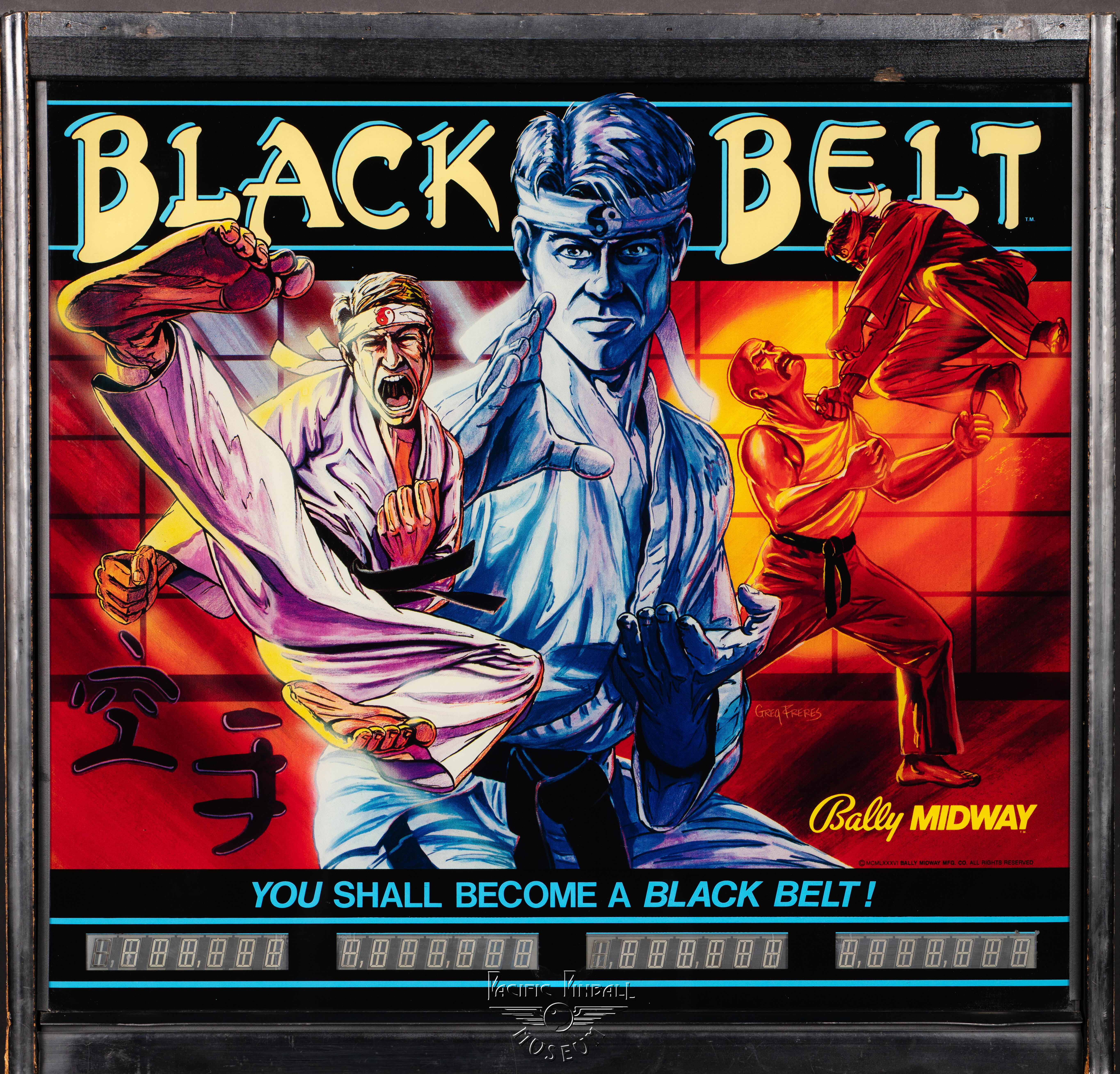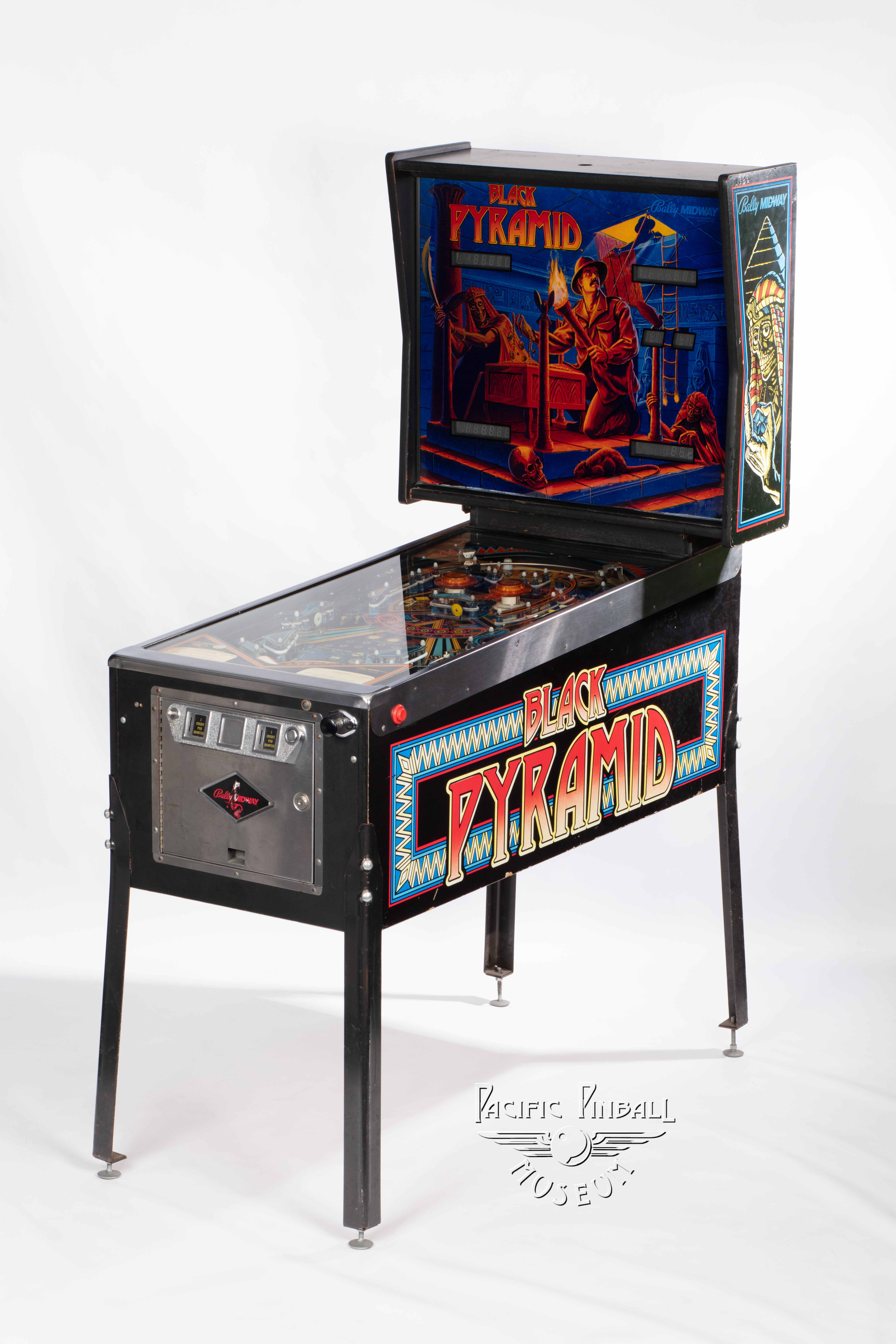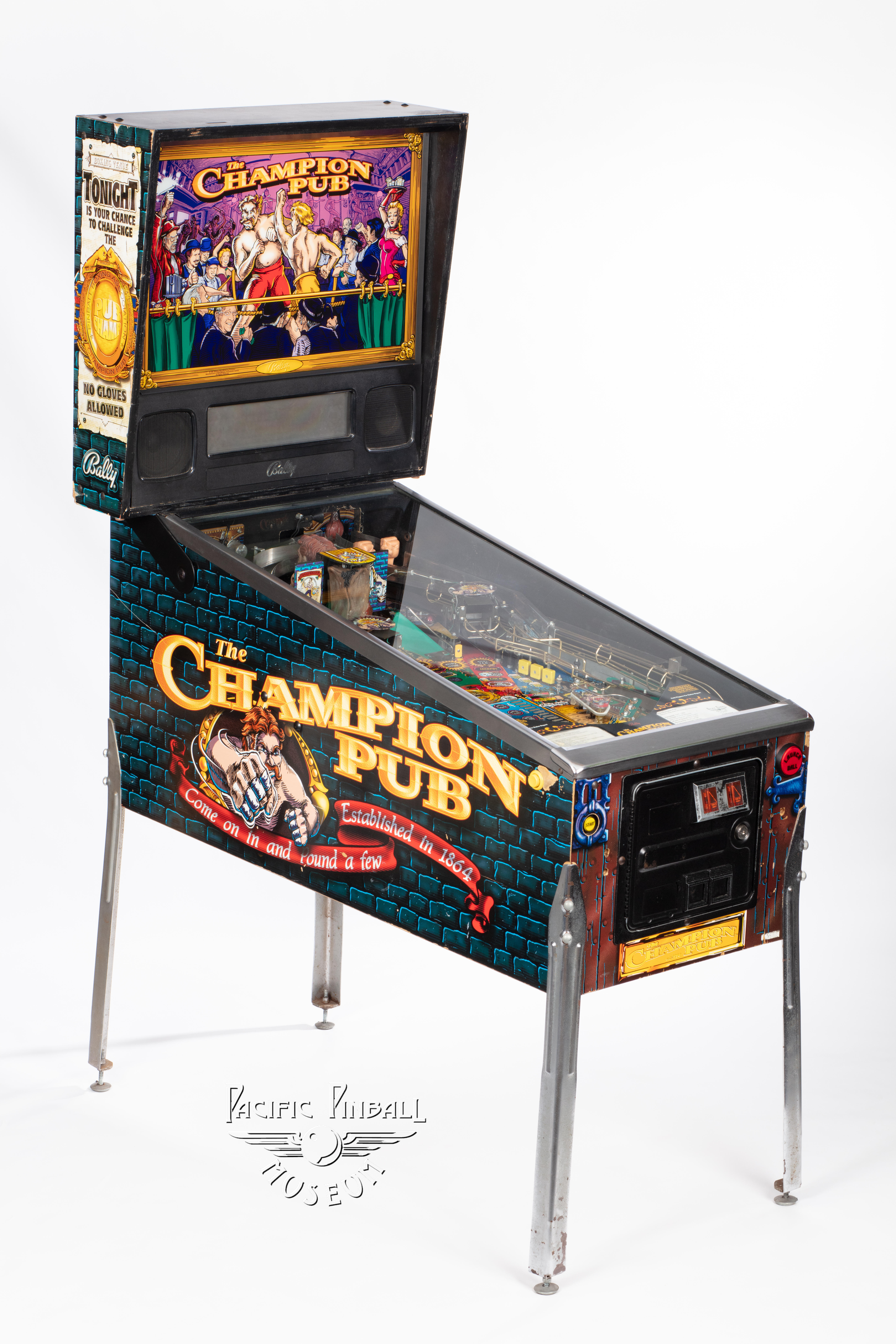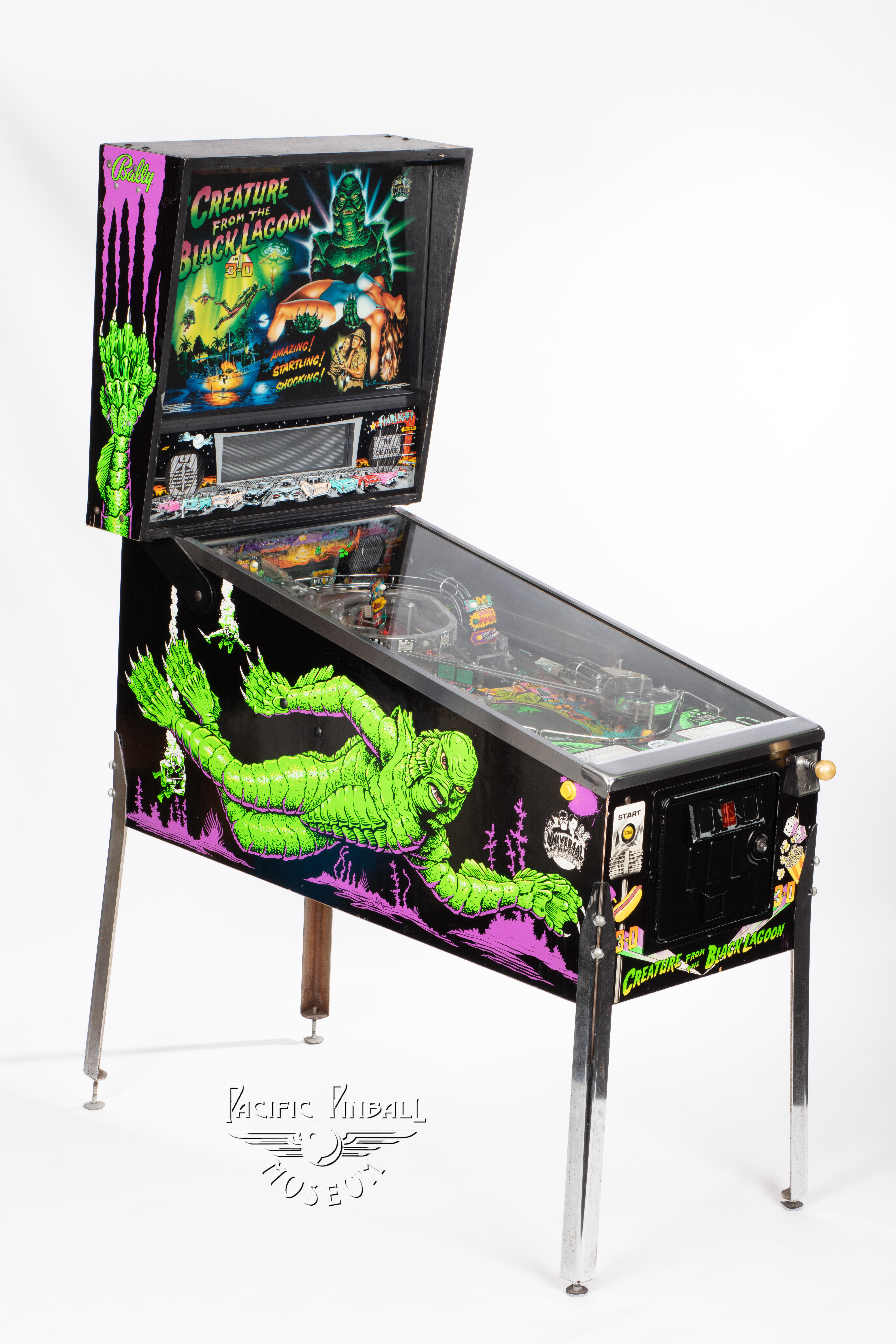
Bally Midway Pinball Machines
Bally Midway's story is really two intertwined companies that created one of pinball's most powerful dynasties, running from 1932 through the late 1980s.
The Bally Beginning
Raymond Moloney founded Bally Manufacturing in 1932 after being frustrated with Gottlieb's slow supply of Baffle Ball machines. His first game, "Ballyhoo," sold over 50,000 units in seven months at just $16.50 each. The name came from the satirical magazine "Ballyhoo," whose colorful cover inspired the playfield design. Moloney had essentially created the template for mass-produced pinball.
The Midway Connection
Bally acquired Midway Manufacturing in 1969, and by 1982 consolidated its pinball operations under the "Bally/Midway" name. This merger brought together two powerhouse companies that would dominate both pinball and early video games. Midway had scored big with Space Invaders distribution in 1978, followed by Pac-Man and Ms. Pac-Man licenses.
The Golden Years
The 1970s brought Bally's creative peak with licensed themes like "Wizard!" (1975) based on The Who's rock opera, "Captain Fantastic" (1976) featuring Elton John, "Eight Ball" (1977), and "KISS" (1979). Bally was actually the first company to officially license a theme with "Wizard!" in 1975, opening the floodgates for pop culture in pinball.
The creative team included legendary designer Steve Ritchie, who joined in 1978 and created revolutionary games like "Flash" (1979) with its figure-8 design and flash lamps, "Firepower" (1980) - the first electronic pinball with multiball, and "Black Knight" (1981) with its two-level playfield and Magna-Save feature. These weren't just games - they were engineering breakthroughs that redefined what pinball could be.
Technical Innovation
Bally pushed pinball into the electronic age. While other manufacturers stuck with electromechanical systems, Bally embraced solid-state electronics, digital displays, and sophisticated sound systems. Ritchie's "Black Knight 2000" (1989) featured one of the best musical soundtracks ever composed for pinball and introduced the concept of "Wizard Mode".
The Video Game Crossover
The Bally/Midway combination created a unique situation where the same company was making both pinball and video games. The 1992 release of "The Addams Family" became the best-selling pinball game of all time, proving pinball could still compete even as video games dominated arcades.
The End of an Era
Financial pressures from rapid expansion into casinos, health clubs, and theme parks forced Bally to sell its amusement division to Williams Electronics in 1988. Williams continued using the Bally name for pinball until 1999, when WMS Industries ceased pinball production entirely.
The Legacy
Bally Midway didn't just make pinball machines - they created the modern pinball industry. From Moloney's mass production techniques to Ritchie's revolutionary designs, they established standards that influenced every manufacturer that followed. The company's pioneering use of licensed themes, technical innovations, and extensive diversification left a lasting imprint on coin-operated entertainment.
The Bally name represented nearly six decades of pinball evolution, from simple mechanical games to sophisticated electronic experiences. Even after the company's dissolution, their innovations - multiball, two-level playfields, electronic scoring, licensed themes - became the foundation of modern pinball design.



